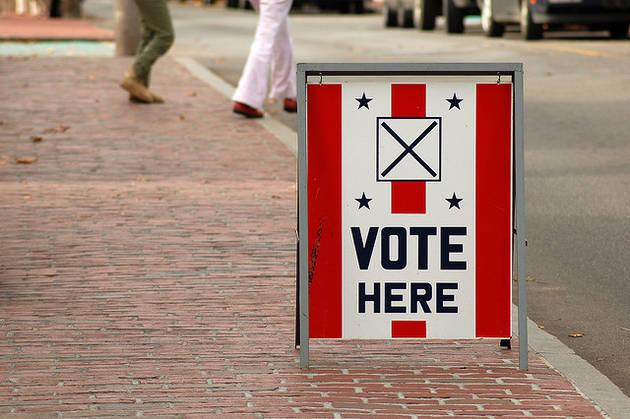If you haven't heard: Charleston's mayor, Joe Riley, has requested more than $1 billion to create 18,939 jobs and repair and improve Charleston's roads, infrastructure, and schools.
It's a big number for sure, but what does it mean for us and the country?
That request is part of some $73 billion requested in a report from the U.S. Conference of Mayors -- a report in which Charleston is more than bulling its weight, as The Charleston Regional Business Journal points out:
If Riley is successful in helping get infrastructure money for Charleston, the city could be one of the largest receivers of money in the nation. With $1.07 billion worth of projects on its wish list, Charleston is nearly in the top 10 of requesting cities.
Other South Carolina cities on the list? Columbia, Hardeeville, Rock Hill, and Sumter. Check out what they're asking for.
With $700 billion bailouts float around, the request almost feels trivial, but Dana Beach, executive director of the Coastal Conservation League, points out in today's Post and Courier:
These [427] cities represent less than half of U.S. cities with populations greater than 30,000, so the total cost of $73 billion likely reflects less than half of the requests that would eventually come from cities across the country.
Also worth noting, is that a billion dollars is about how much the entire state has had to trim this year.
And the impact of that billion dollar investment in the City of Charleston would be undeniable: 18,939 jobs would be created, the entire (and large) unemployment number for the entire Charleston metro area is 20,494.
But, the question is really not if the projects would be helpful to the country, but is the stimulus package something that our bloated, lethargic, prone to infighting government can pull off? Beach, I think, shares some excellent wisdom on that point:
One promising suggestion has been to establish an independent panel, similar to the Base Realignment and Closure (BRAC) commission on military bases. Such a commission could, with minimal political interference, evaluate, filter and rank these lists according to clear, vision-based criteria.
The states would then decide how to implement the projects. This is the first test of the new administration, and it is a monumental one. It requires bucking a system and an entrenched political culture that has dominated public spending since the birth of our country.
I'll leave you with this haunting headline from The New York Times: "Mayors Demand More Funds For New Unemployment Relief; Conference Warns That Jobless Are Increasing, and Orders Survey of Needs"
What's so haunting? It's from November 18, 1937.



